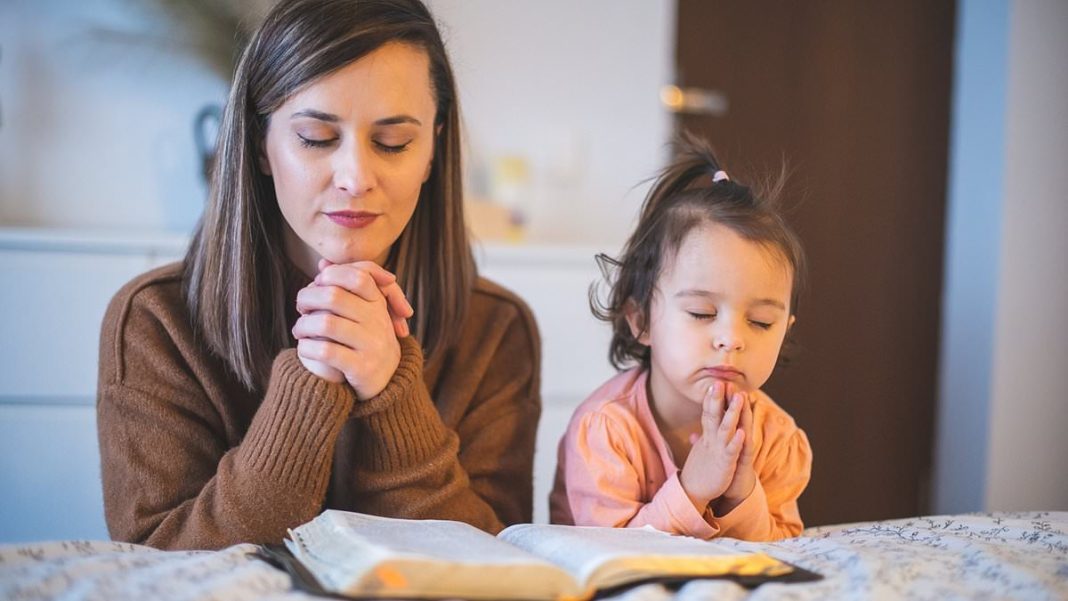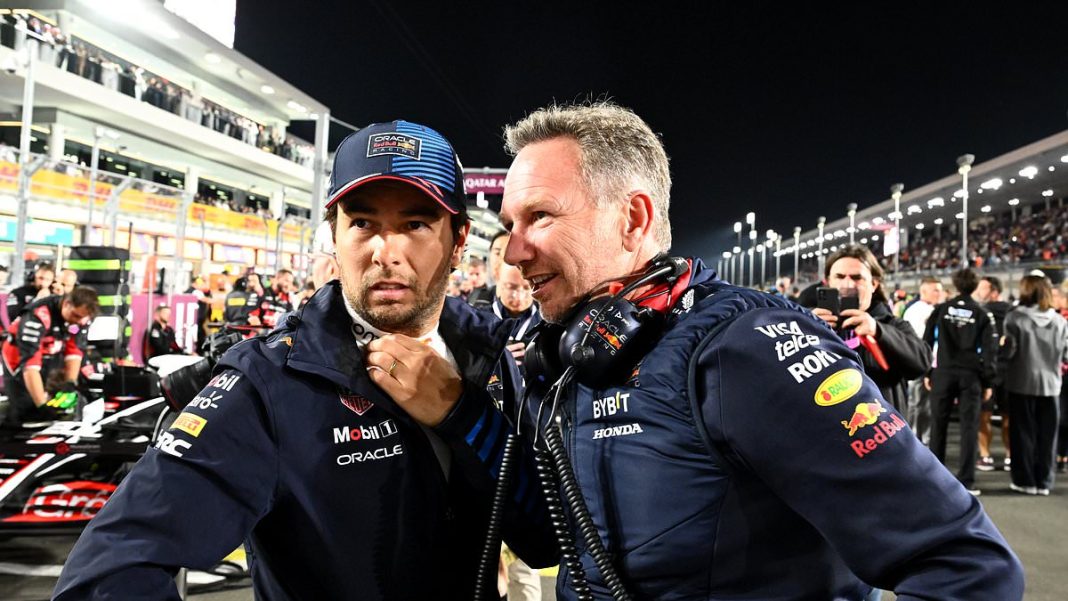Scientists blame MOTHERS for the decline in religion,
Britain is in the midst of its first ‘atheist age’, with non-believers now outnumbering those who believe in God.
Now, scientists say they finally know why.
Researchers from the universities of Münster and Berlin have blamed mothers for the decline in religiosity.
The team conducted interviews with Christian and non-Christian families around the world.
The study found that families – especially mothers – play a key role in passing on religion to their children.
‘The most important role in religious socialization is played by mothers,’ say the researchers.
The team warn that the factors that foster the transmission of religion from one generation to another ‘are disappearing’.
‘Parents themselves are becoming less religious, and are increasingly passing on non-religion or allowing their children to choose freely,’ they add.
As Britain enters its first ‘atheist age’, see what proportion of the people in your area identify with any religion with this interactive graphic
Since the year 2000, it’s thought there’s been a global decline in the proportion of people identifying with any type of religion.
According to a 2021 census, 46 per cent of the people living in England and Wales identify as Christian – down from 59 per cent in 2011.
And according to a study last year, the UK now has more atheists than people who believe in the existence of a god.
In the US meanwhile, church membership fell below 50 per cent for the first time on record back in 2021, according to research firm Gallup.
To get a global picture, the team surveyed and interviewed Christian and non-Christian families in Germany, Finland, Italy, Canada and Hungary – countries historically largely Christian but undergoing secularization (where religion loses social significance).
Across all of the countries, the experts identified multiple factors that tend to see religious beliefs successfully passed from the older to the younger generation.
Firstly, the family has to ‘cultivate a religious self-image’, which could range from arriving at church early or posting pious family photos on social media.
This may create benefits to the family that the child wants to carry on into adulthood, and even pass down to their own offspring.
Secondly, the family needs to engage in joint religious practices such as prayer or singing, whether at home or in the church, which increase a sense of community and self-belief.
Thirdly, both parents ideally need to belong to the same denomination, whether it’s Catholicism, Protestantism, Baptists or Presbyterian.
This not only creates consistency, but having two role models with the same belief system is more likely to foster an opinion that the religion is correct.
But the most importantly, mothers need to be closely involved in these religious practices, activities and traditions.
So, for example, it’s not sufficient for the mother to stay at home and do activities, such as homemaking, while the father takes the kids to church.
According to the study, whether a young person becomes religious is decided primarily in adolescence, between childhood and adulthood.
During this phase, people develop independent judgment and reflect on the religious practices of their family – and may even distance themselves from them.
The researchers agree that today’s young generation are adopting commonly-preached values such as charity, solidarity and tolerance, but less so in a way relating to religion.
‘While parents justify these on religious grounds, younger people see them now as general cultural and liberal values that no longer have a religious foundation,’ they explain.
Another key finding is that when religion has been passed on, it often takes on a different form.
For example, parents and grandparents today would have experienced religious community and spirituality in church services, instead of the sociable, party-type events encouraged today.
The team believe non-religiosity starts to become the norm when societies become more liberal and secular – as seen in eastern Germany, which is less religious than the west.
There’s an ‘enormous influence of political and social circumstances’, said author Olaf Müller, professor of philosophy at Humboldt University Berlin.
‘When societies become more liberal and secular, or non-religiosity becomes the norm, then parents find it increasingly difficult to justify bringing their children up religiously and passing on their religion to them.’
The research is to be published in August in a £40 book called Families and Religion: Dynamics of Transmission across Generations.
The blurb reads: ‘Comparing diverse social settings, the authors uncover the subtle yet powerful forces influencing whether religious traditions persist or fade across generations.
‘A vital contribution to the study of religious change, this volume offers new insights for scholars of sociology and religious studies, and for those interested in understanding how faith may be passed down within families.’







